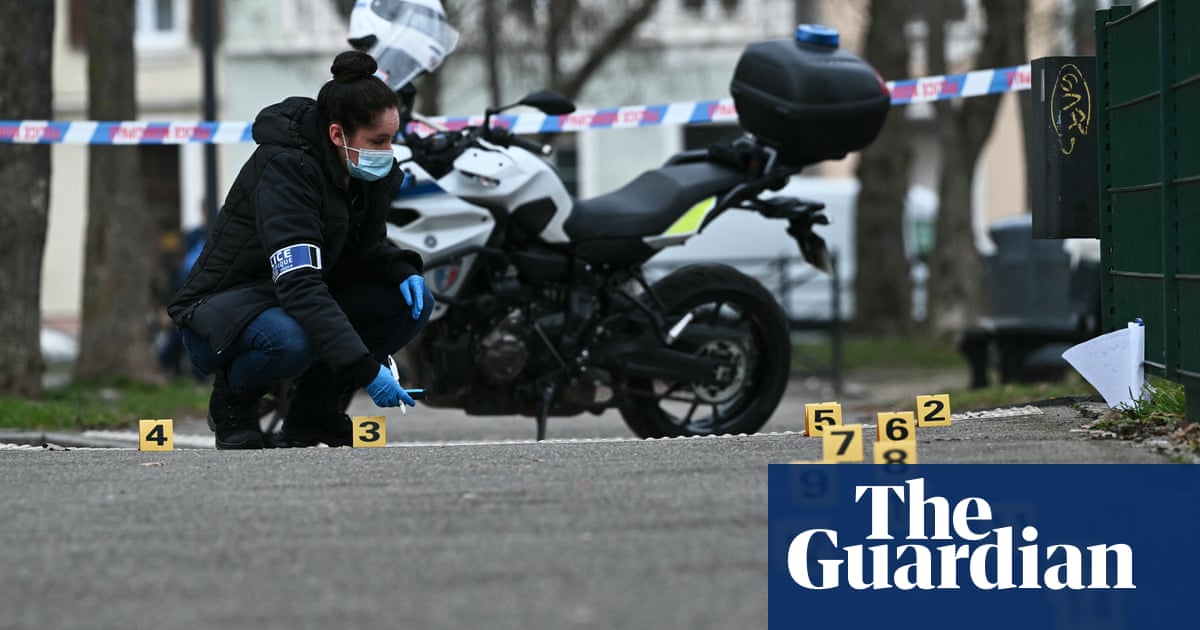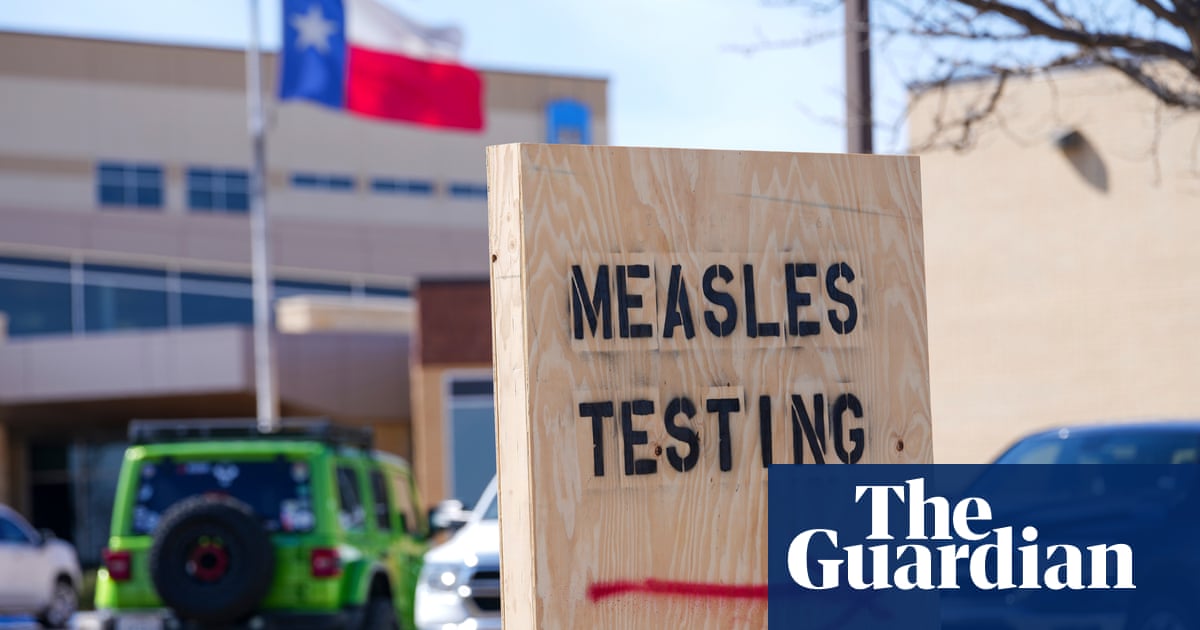Ukraine claims Russia launched an intercontinental ballistic missile for first time during war
Ukraine’s military has claimed that overnight Russia launched an intercontinental ballistic missile (IBM) for the first time during the war.
Ukraine’s air force said the launch took place from the Astrakhan region of the Russian Federation, an area to the south-east of Vologograd, which borders on the Caspian Sea.
Ukraine said overnight attacks by Russia targeted “enterprises and critical infrastructure in the central-eastern city of Dnipro.”
The air force gave no details of any casualties or damage, or whether air defence had tackled the IBM. Ukraine’s military said six Kh-101 cruise missiles were shot down. The claims have not been independently verified.
IBMs have a range of thousands of kilometres, and can carry either conventional or nuclear payloads.
Key events Show key events only Please turn on JavaScript to use this feature
Russian foreign ministry spokesperson Maria Zakharova has described a US decision to open an air defence base in Redzikowo in Poland as “provocative” and “deeply destabilising”.
Reuters quotes her saying:
This is another frankly provocative step in a series of deeply destabilising actions by the Americans and their allies in the North Atlantic alliance in the strategic sphere.
This leads to undermining strategic stability, increasing strategic risks and, as a result, to an increase in the overall level of nuclear danger.
Given the nature and level of threats posed by such western military facilities, the missile defence base in Poland has long been added to the list of priority targets for potential destruction, which, if necessary, can be executed with a wide range of advanced weapons
The base became operational on 13 November. Russia had criticised it when it was at the planning stage in 2007. It forms part of the Nato Aegis Ashore missile defence system.
Russia’s foreign ministry spokesperson Maria Zakharova has been given details of Ukrainian attacks on Russia in the last week.
She claimed that between 13 November and today “more than 530 Ukrainian drones were intercepted and destroyed over nine Russian regions.”
She added that Belgorod region had been attacked by over 400 munitions, and that two people had been killed. She stated that an additional person had been killed by shelling in Enerhodar in Zaporizhzhia. 76 people had been injured during the time period, she said.
Zakharova claimed “the number of explosive devices dropped from drones on civilian targets, including passenger vehicles, has increased.”
It has not been possible for journalists to independently verify the casualty figures being issued during the conflict.
Ukraine claims Russia launched an intercontinental ballistic missile for first time during war
Ukraine’s military has claimed that overnight Russia launched an intercontinental ballistic missile (IBM) for the first time during the war.
Ukraine’s air force said the launch took place from the Astrakhan region of the Russian Federation, an area to the south-east of Vologograd, which borders on the Caspian Sea.
Ukraine said overnight attacks by Russia targeted “enterprises and critical infrastructure in the central-eastern city of Dnipro.”
The air force gave no details of any casualties or damage, or whether air defence had tackled the IBM. Ukraine’s military said six Kh-101 cruise missiles were shot down. The claims have not been independently verified.
IBMs have a range of thousands of kilometres, and can carry either conventional or nuclear payloads.
Suspilne, Ukraine's state broadcaster, reports that there are power outages in Kherson, citing the local authority.
Zakharova: Zelenskyy's ten point plan for continuation of war 'sick fantasies'
Russia’s foreign ministry spokesperson Maria Zakharova has described the “resilience plan” announced earlier this week by Volodymyr Zelenskyy as a set of “sick fantasies.”
Tass reports that Zakharova said:
This is another set of sick fantasies aimed at ensuring the self-preservation of Zelenskyy, who has lost his legitimacy in power. In fact, it seems to me that he himself does not hide this. He declared in his parliament that there will be no elections in Ukraine until the end of the war.
On Tuesday Zelenskyy presented a ten point plan for the continuation of Ukraine’s defence against the Russian invasion of February 2022.
Ukraine claims to have shot down six cruise missiles overnight
Ukraine’s military claims overnight to have shot down six cruise missiles fired at the country by Russia.
Ukraine claims in addition that intercontinental ballistic missile was fired from Russia’s Astrakhan region, which is to the south-east of Volgograd, and borders the Caspian Sea.
The claims have not been independently verified.
Russia’s ministry of defence has published a video which it claims shows the destruction of a temporary Ukrainian pontoon crossing the Siverskyi Donets River in the east of the country.
News agency Ukrinform, citing Ukraine’s ministry of energy, reports that once again the power supply to the Zaporizhzhia Nuclear Power Plant has been disrupted. The plant has long been occupied by Russian forces.
Opening summary
Welcome to our continuing live coverage of Russia’s war on Ukraine. Here are the latest headlines.
Ukraine has fired a volley of British Storm Shadow cruise missiles into Russia – the latest new western weapon it has been permitted to use on targets inside Russia. The move comes a day after it fired US Atacms missiles.
The strikes on Wednesday were widely reported on Telegram by Russian war correspondents – who posted video they said included the sound of the missiles hitting the Kursk region bordering north-eastern Ukraine – and were confirmed to the Guardian.
The UK’s decision to approve the strikes was made in response to the deployment of more than 10,000 North Korean troops on Russia’s border with Ukraine in what British and American officials have called a major escalation of the war.
Meanwhile, the US said it would reopen its embassy in Kyiv on Thursday, a day after shutting it as a precaution because of what it called the threat of a “significant air attack”.

And the US defence secretary said Washington’s decision to send anti-personnel landmines to Ukraine – a major policy shift condemned by rights groups – was triggered by a change in Russian battlefield tactics favouring infantry over mechanised units. Lloyd Austin said Ukrainian forces “have a need for things that can help slow down that effort on the part of the Russians”.
In other news:
-
The director of Russia’s foreign intelligence service, Sergey Naryshkin, was quoted in Russian media on Wednesday as saying that attempts by Nato countries to strike inside Russia would not go “unpunished”. Elsewhere, the chief of staff in Belarus, Pavel Muraveiko, described US moves to allow Ukraine to deploy longer-range missiles and anti-personnel mines as “irresponsible”
-
Volodymyr Zelenskyy has thanked the US and President Joe Biden for the provision of landmines to Ukrainian troops, calling it “essential … to stop Russian assaults”, in a video address on Wednesday. In addition to the landmines, the latest $275m US aid package includes drones, Himars ammunitions and artillery. The Biden administration also moved to forgive about $4.7bn in US loans to Ukraine, the state department said, as outgoing officials seek to do what they can before leaving office to bolster Ukraine in the war
-
Staff at Ireland’s embassy in Ukraine were told to work from home after the US shut its embassy, while Italy, Spain and Greece also closed their embassies
-
About 10,900 North Korean troops have been deployed to Kursk as part of Russia’s airborne unit and marines, with some already participating in battles in the Ukraine war, a South Korean legislator said on Wednesday, citing the country’s spy agency. North Korea had also shipped additional arms for the war, including self-propelled howitzers and multiple rocket launchers, parliament intelligence committee member Lee Seong-kweun told reporters
-
Four Latin American countries have made a joint call to “avoid actions that would escalate the arms race” in the Russia-Ukraine war. The four – Brazil, Chile, Colombia and Mexico – said such actions would “aggravate the conflict”

 3 months ago
65
3 months ago
65













































